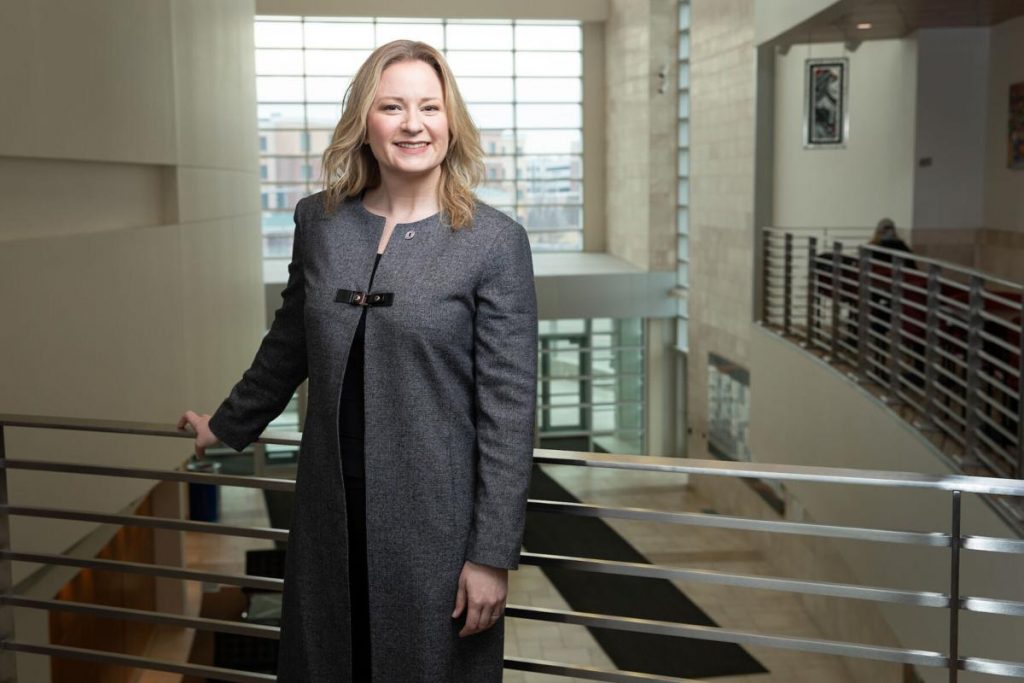(p. B7) Louise Slade, a groundbreaking food scientist whose work you can thank for soft-from-the-freezer ice cream, extra-chewy cookies and potato chips that retain their satisfying crunch despite being baked and not fried, died on Oct. 7 [2021] in Morristown, N.J.
. . .
It has been said that cooking is an art but baking is a science, and perhaps no one understood that adage better than Dr. Slade, whose research focused on how to keep dough, bread, cookies and crackers tasting delicious even after weeks on a grocery store shelf.
. . .
Dr. Slade’s great insight, which she developed over some 25 years as a scientist at General Foods and Kraft, was to consider food not as a combination of discrete ingredients but as a system of interacting molecules. By understanding those interactions, one could build predictive models for how, for example, to tweak a bread recipe to make it stay fresh longer without chemical preservatives.
“She was the only person I knew who could swim among the molecules and understand them at their most fundamental level,” Hamed Faridi, the executive director of the McCormick Science Institute, said in an interview. “Her strength was her impressive knowledge of how those molecules interact to create flavor and texture.”
. . .
“A lot of what Louise established was how to make products consistent and stable without putting in a lot of additives consumers don’t want,” Todd Abraham, who worked with Dr. Slade at Kraft, said in an interview.
Dr. Slade provided not just a framework for answering those challenges but also a voluminous amount of research: She and Dr. Levine, who worked together for much of their professional careers, published some 260 papers and received 47 patents. She once estimated that the patents she received for her corporate employers were worth more than $1 billion.
. . .
She also began to work with the Monell Chemical Senses Center, an independent research institution in Philadelphia that studies taste and smell; she eventually joined its board.
Personally frugal and well compensated for her corporate work, Dr. Slade became one of Monell’s chief donors, giving more than $2 million in her lifetime, Dr. Gary Beauchamp, the center’s emeritus director, said.
For the full obituary, see:
Clay Risen. “Louise Slade, Scientist Who Ensured Your Goodies Stay Good, Is Dead at 74.” The New York Times (Monday, November 1, 2021): B7.
(Note: ellipses, and bracketed year, added.)
(Note: the online version of the obituary was updated Nov. 1, 2021, and has the title “Louise Slade, Scientist Who Studied the Molecules in Food, Dies at 74.”)


